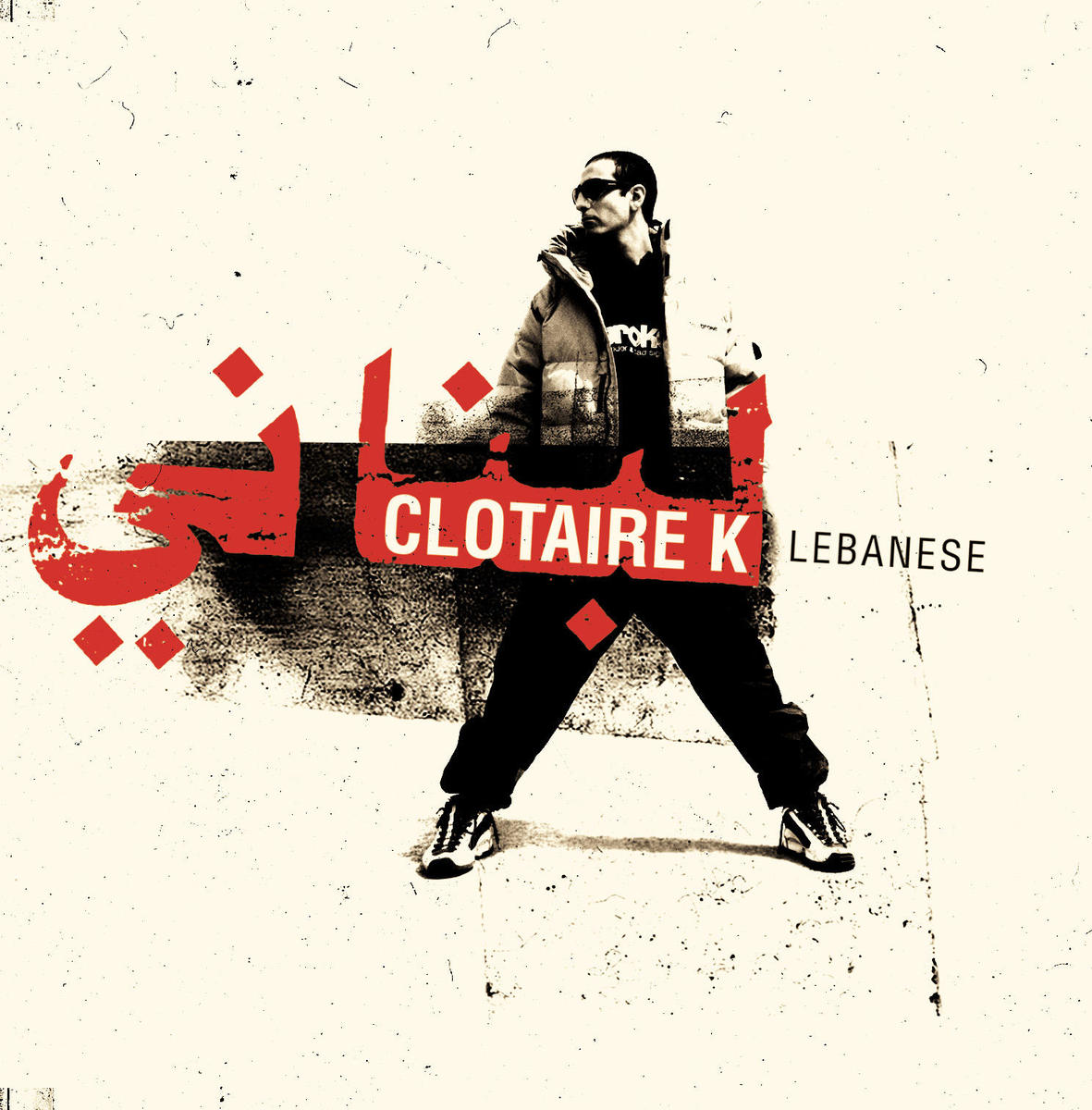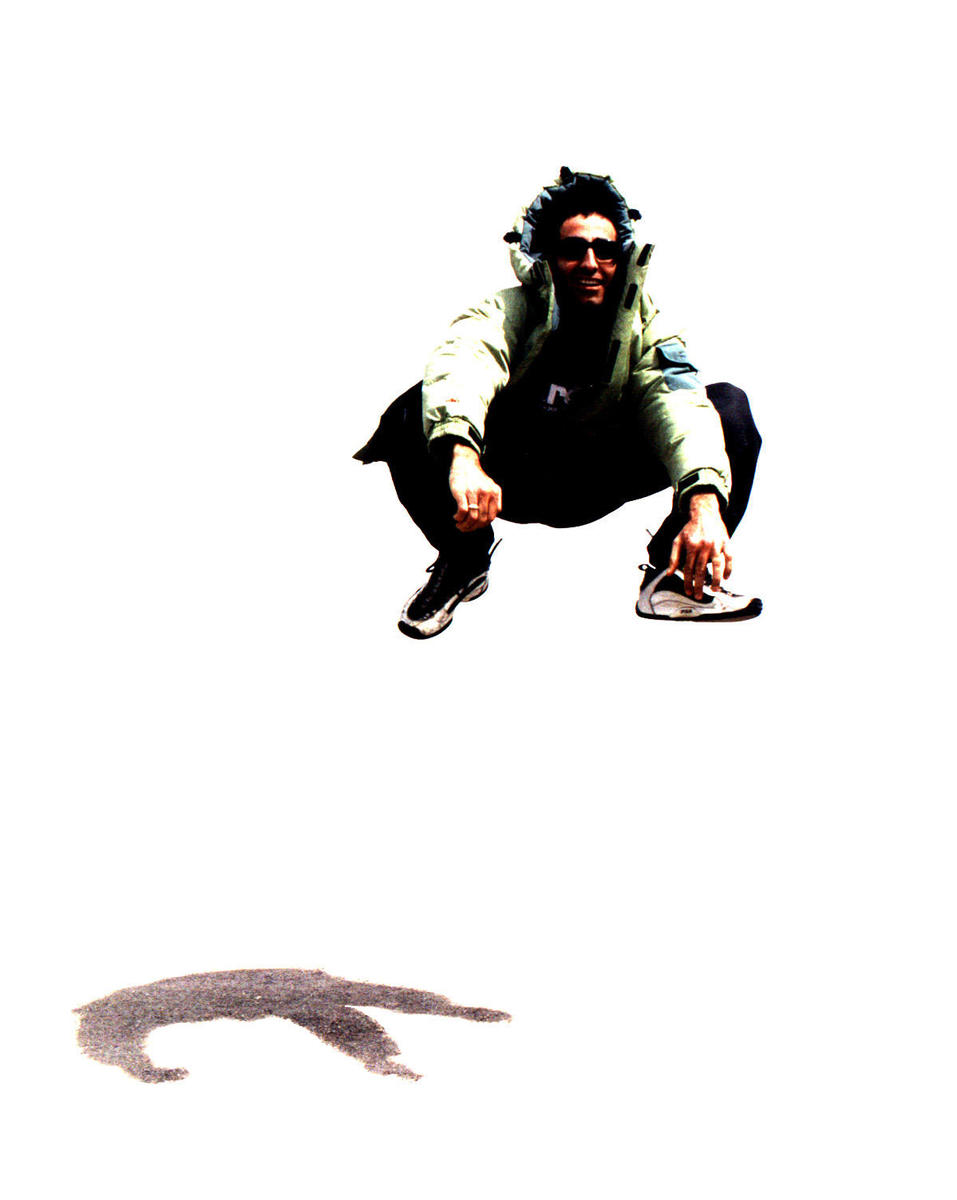
Hip-hop was born in the Bronx in the early ’80s. Expressing existing inequalities, hardships and the general life circumstances of minority groups, or maybe not the minority but the most hard done by in US society, the music quickly took hold and spread.
In the 1990s, the Algerian youth living in France discovered hip-hop for themselves. Adapting what the music stood for, with “homemade” elements taken from traditional styles of North African and Arabic music, like raï and tarab, they created their own version of hip-hop. And to a greater extent than any other type of music, Arab hip-hop made its way back home to the Maghreb. Today there are more than 100 hip-hop groups in the Algerian capital alone.
And regardless of where they live, Lebanese, Egyptian, Turkish and Palestinian bands are following suit. In recent times, groups like Aks’ser, DAM, MWR, Iron Sheikh and Clotaire K have been making a name for themselves in the Arab music scene. Their hip-hop talks about the current situation in their home countries, the need for social change and attempts to create a cohesive Middle Eastern identity that the people of the region can identify with.
In the rest of the world, hip-hop attracts a certain type of audience and the number of listeners is much smaller compared with those that tune into more mainstream music. However, this is not the case with Arab hip-hop. In terms of demographics, many Arab societies have a majority population below the age of 30. Add to that the social and political dimensions experienced in this part of the world and you are talking about a large number of people that have so far had little representation in public life. They are unhappy with the way things are in terms of the social, economic and political and many see Arab hip-hop as the one avenue where their feelings and opinions are being voiced.
This was reason enough for Bidoun to take a closer look at this emerging music genre. In this and some of the following issues we will talk to some of the people on the Arab hip-hop scene.
Name: Clotaire K
Born: France
Lives in: Paris and Beirut
Album: Lebanese, 2002
www.clotaire.com
Our first specimen is a young musician from Lebanon, Clotaire K. Fittingly enough, Clotaire is one of the many Arabs that have been brought up away from their country of origin. His father is Egyptian and his mother is Lebanese, but he was raised in France. But regardless of his western upbringing his childhood was shaped by the sounds of Abdelhalim Hafiz, Um Khalthum, as well as Tony Hanna and Fairuz and to a certain extent it’s the rhythm of this type of music that he has come back to.
During visits to the US as a teenager, Clotaire was introduced to hip-hop, and the rest as they say is history. Well not quite. Throughout his childhood in France Clotaire constantly felt like an outsider, for him hip-hop was not only a way to express those feelings but also led him back to his “real home,” Lebanon. It was here that he finally found what he was looking for, a way to combine the style of hip-hop with the sounds of his past. Specifically, for Clotaire, it was the rhythm and melody of tarab, the traditional Arabic music he used to listen to as a child.
And Clotaire carries off the combination of these two different styles of music with great success without falling into the trap of making his music sound like kitschy fusion. He has been on stage with the Asian Dub Foundation, Natasha Atlas and Cypress Hill. He has opened for the band Manu Chao and has been nominated for the Emma-gaala music awards.
Bidoun sat down for a chat with Clotaire K before his concert in Seville. While band members fetched their belongings for the sound check, Clotaire deals with the technicians, takes care of the catering for his crew, talks to the stage manager and puts his PR material in order. Then he suddenly blocks out the chaos around him and gently pulls out his beloved oud (an Arabic lute). “It’s the direct connection to my soul. I taught myself how to play. I am not brilliant, but it’s alright.” It’s a strange sight to take in at first. Sitting in front of me is this trendy hip-hop artist caressing a traditional musical instrument. When Clotaire talks about how he found his roots, his eyes dance and the story of how he discovered Beirut has an almost fairytale-like quality. You get the feeling he had a bit of an epiphany.
Clotaire K: All of a sudden I felt that there was this place where all these people like myself, lived. That I was just like everyone and everyone was like me. I was no longer different and became just a regular guy, which was very striking to me. I felt like a fish in its aquarium and it was a good feeling. It took me three days to come back to the language and to speak again, which was amazing for my relatives and me. A real miracle. I really felt part of the society and I felt that I was finally finding something that had been hidden to me for so many years. I can imagine living there again one day…perhaps when I am old, even if it’s raising goats. The simple life.
Bidoun: But don’t you feel that you are drawing a very romantic picture of Lebanon and its society?
CK: Sure, but I prefer to see just the beautiful side of the picture because it is so important to me.
Bidoun: So you are happy to see it through rose-colored glasses. Isn’t that, sorry to say so, a bit ignorant?
CK: Well yes, maybe ignorant or whatever. But I want to keep the nice part of it. Of course I know about the bad sides of Lebanon, all the religious and political problems and stuff. The rich people, who are so proud of their cell phones and their Mercedes and their show-off mentality, but I do not care about them, they are not important to me. The good side is much more important for me. I see it in the real and simple people who have to care about the real things in life, which we have forgotten. We, those of us who live in the US or in Europe, even me, I have forgotten them.
Bidoun: Your life as a musician seems then not to be part of your ideals?
CK: Yes and no. Sure, I don’t actually live that simple life, yet. But I use my music as a tool to fight for my people. I want to reach the people through my music. I want to enter their ears, to say things to them and express myself in a truly simple way, to be in a way my own media. At the same time, I want to revitalize the words of great poets like Khalil Gibran and musicians like Abdelhalim — or at least, I try to.
Bidoun: When someone asks you where you are from, what do you answer?
CK: I guess I say that I am Lebanese, brought up in France. That’s all. But my music is a much better image of what I am. My lyrics are a mixture of Lebanese and French.
Bidoun: What is your mother tongue?
CK: Difficult to say. Sure my mother spoke to me in French, although her mother tongue is Lebanese. So I should say French. But I love Lebanese or Arabic, because it is very poetic. So I could say Lebanese although, I am bad at writing in Arabic. I do it in my own way, I do not care. I just want to express myself.
Bidoun: What comes into your mind, when I say the word “Middle East”?
CK: Hmm, a mixture of culture, as well as a mixture of religions. Many differing ideas and ideologies. I guess also because I like stories, I think of leila wa alf Leila (1001 Nights). Then I think of the beauty of the landscapes, the mountains, sand and the sea. Shame, as well because we don’t have our feet on the ground, despite the rich culture and heritage we have.
